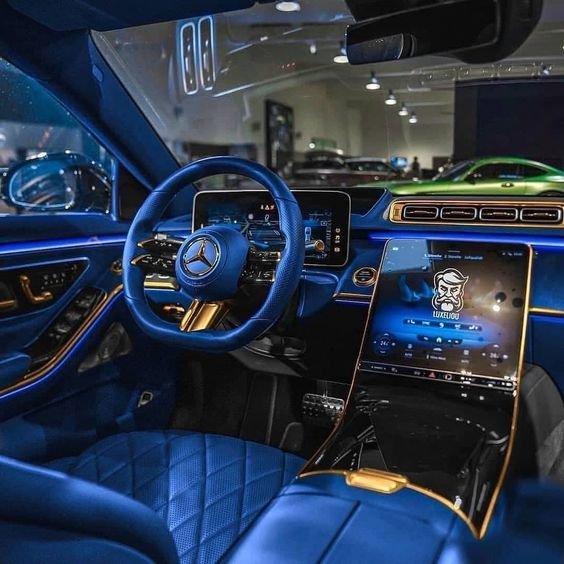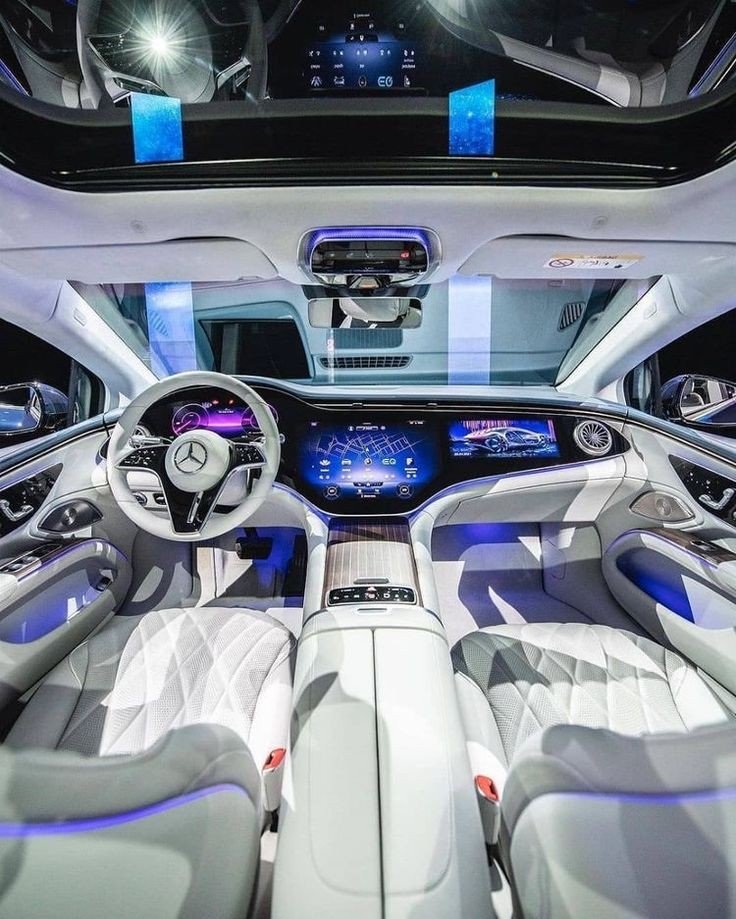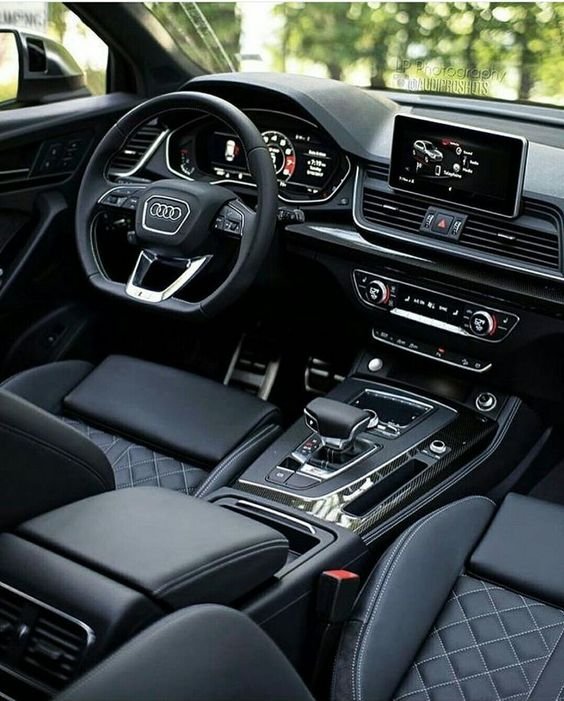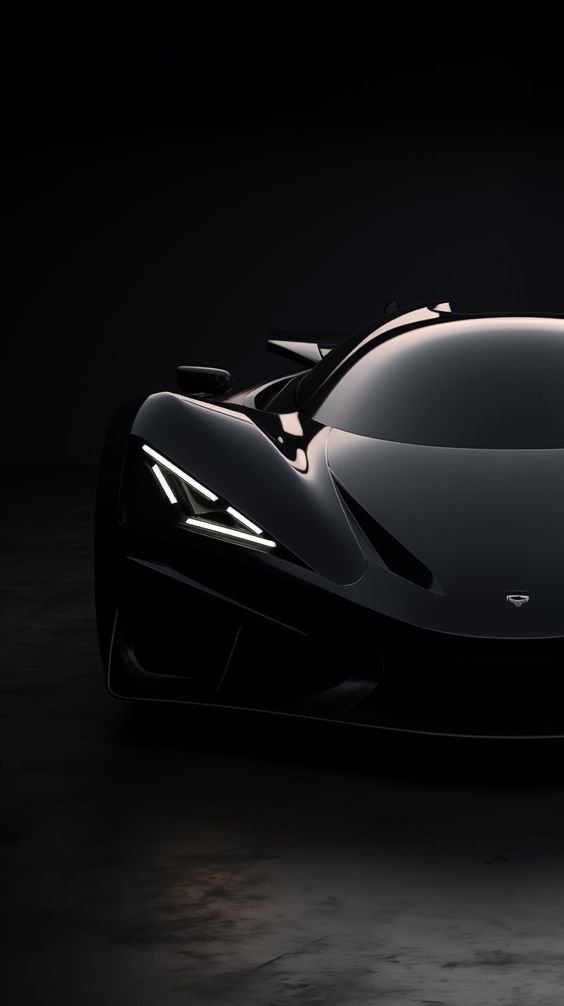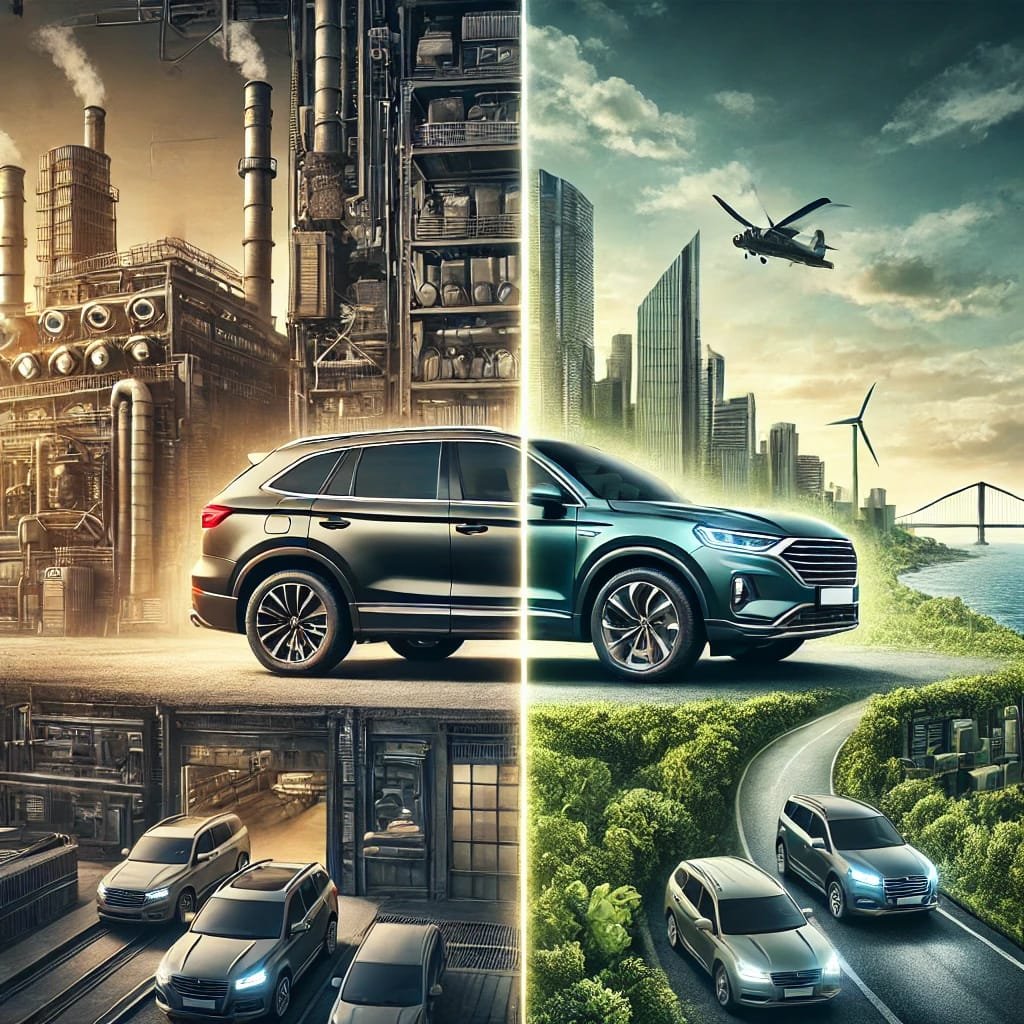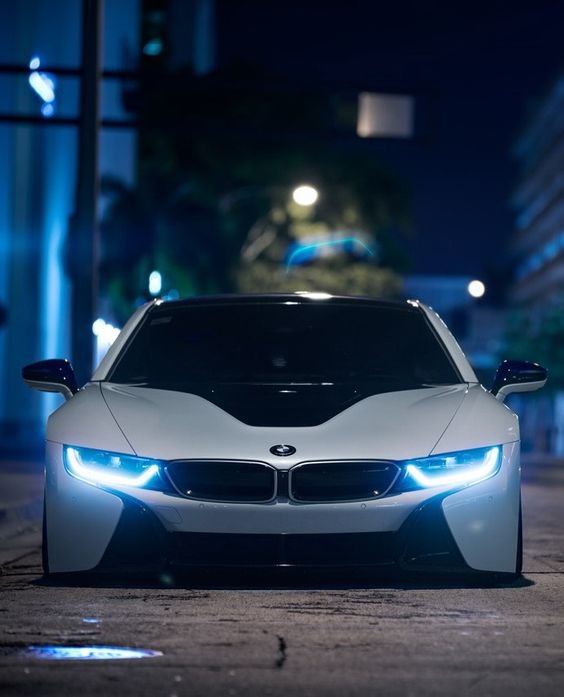
BMW, known formally as Bayerische Motoren Werke AG, is a German multinational company that has set the standard for luxury, performance, and innovation in the automotive industry. Since its inception, BMW has become synonymous with precision engineering, cutting-edge technology, and driving pleasure. This detailed article explores the history, innovations, product lineup, market positioning, and future prospects of BMW, highlighting the elements that make it a standout brand in the global automotive landscape.
1. Historical Background
Founding and Early Years
BMW was founded on March 7, 1916, initially as a manufacturer of aircraft engines. The company was established by Karl Rapp and Gustav Otto, and it originally operated under the name Bayerische Flugzeugwerke AG. In 1917, it was restructured as Bayerische Motoren Werke AG, or BMW.
Transition to Automobile Manufacturing
After World War I, the Treaty of Versailles restricted Germany’s ability to produce aircraft, leading BMW to shift its focus to motorcycle and automobile production. The company’s first motorcycle, the R32, was introduced in 1923, followed by its first automobile, the BMW 3/15, in 1929. BMW quickly gained a reputation for producing high-quality, reliable vehicles.
Growth and Expansion
BMW continued to expand its product lineup and technological capabilities throughout the mid-20th century. By the 1960s, the company had firmly established itself as a premier automobile manufacturer, known for its sporty sedans and luxurious vehicles. The introduction of the BMW New Class in 1962 marked a significant turning point, leading to increased sales and a stronger market presence.
2. Iconic Models and Innovations
The BMW 3 Series
The BMW 3 Series, introduced in 1975, is one of the most iconic and best-selling models in the company’s history. Known for its sporty performance, advanced technology, and luxurious features, the 3 Series has set the benchmark for compact executive cars.
Performance: The 3 Series is renowned for its balanced handling, powerful engines, and responsive steering, providing an engaging driving experience.
Technology: Over the years, the 3 Series has incorporated cutting-edge technology, including advanced driver assistance systems, infotainment features, and connectivity options.
The BMW 7 Series
The BMW 7 Series, first introduced in 1977, represents the pinnacle of luxury and innovation in the BMW lineup. This full-size luxury sedan offers a combination of sophisticated design, advanced technology, and exceptional comfort.
Luxury: The 7 Series features premium materials, spacious interiors, and state-of-the-art amenities, ensuring a first-class experience for passengers.
Innovation: The 7 Series is often a showcase for BMW’s latest technological advancements, such as gesture control, semi-autonomous driving capabilities, and hybrid powertrains.
The BMW M Series
The BMW M Series, launched in the late 1970s, is a high-performance division that produces some of the most powerful and dynamic vehicles in the BMW lineup. The M Series models are known for their superior performance, track-ready capabilities, and distinctive styling.
Performance: M Series vehicles are equipped with powerful engines, sport-tuned suspensions, and advanced aerodynamics, delivering exhilarating performance on both the road and the track.
Design: The M Series models feature aggressive styling cues, including larger air intakes, aerodynamic enhancements, and exclusive M badges, setting them apart from standard BMW models.
3. Technological Advancements
EfficientDynamics
BMW’s EfficientDynamics program focuses on reducing fuel consumption and emissions while enhancing performance. This initiative encompasses a range of technologies and design strategies aimed at improving efficiency across the BMW lineup.
- Lightweight Construction: The use of lightweight materials, such as carbon fiber and aluminum, helps reduce vehicle weight, improving fuel efficiency and handling.
- Aerodynamics: Advanced aerodynamic features, including active grille shutters and air curtains, reduce drag and enhance efficiency.
- Powertrain Innovations: EfficientDynamics includes advanced powertrain technologies, such as turbocharging, direct fuel injection, and hybrid systems, to optimize performance and fuel economy.
iDrive Infotainment System
The iDrive infotainment system, introduced in 2001, revolutionized in-car technology by providing a central interface for controlling various vehicle functions. The system integrates navigation, entertainment, communication, and vehicle settings into a single user-friendly platform.
- Touchscreen and Controller: iDrive combines a central touchscreen display with a rotary controller, allowing drivers to easily navigate menus and access features without taking their eyes off the road.
- Connectivity: The system offers seamless connectivity with smartphones, enabling hands-free calling, music streaming, and access to apps through Apple CarPlay and Android Auto.
BMW ConnectedDrive
BMW ConnectedDrive is a suite of digital services and apps that enhance the driving experience by providing real-time information, entertainment, and connectivity.
- Real-Time Traffic Information: ConnectedDrive offers real-time traffic updates and alternative route suggestions, helping drivers avoid congestion and reach their destinations more efficiently.
- Remote Services: The system allows drivers to remotely access vehicle information, lock/unlock doors, and activate climate control through a smartphone app.
- Advanced Driver Assistance: ConnectedDrive includes a range of driver assistance features, such as adaptive cruise control, lane-keeping assist, and automated parking, enhancing safety and convenience.
4. Sustainability and Electric Mobility
BMW i Series
The BMW i Series represents the company’s commitment to sustainable mobility and electric vehicle innovation. Launched in 2013, the i Series includes the fully electric BMW i3 and the plug-in hybrid BMW i8.
BMW i3: The i3 is a compact electric car designed for urban environments. It features a lightweight carbon fiber-reinforced plastic (CFRP) body, a high-voltage lithium-ion battery, and an electric motor that delivers a smooth and efficient driving experience.
BMW i8: The i8 is a plug-in hybrid sports car that combines a turbocharged three-cylinder engine with an electric motor, offering impressive performance and fuel efficiency. Its futuristic design and advanced technology have made it a symbol of BMW’s commitment to innovation.
BMW eDrive Technology
BMW’s eDrive technology encompasses the company’s efforts to develop and integrate electric and hybrid powertrains across its vehicle lineup. This technology includes electric motors, high-voltage batteries, and intelligent energy management systems.
Plug-In Hybrids: BMW offers a range of plug-in hybrid models, such as the X5 xDrive45e and the 330e, which combine the benefits of electric driving with the flexibility of a gasoline engine.
Electric Vehicles: In addition to the i Series, BMW is expanding its electric vehicle offerings with models like the BMW iX3 and the upcoming BMW i4, aiming to provide a diverse range of electric options for consumers.
Sustainability Initiatives
BMW is committed to sustainability across its operations, from production to end-of-life recycling. The company’s sustainability initiatives focus on reducing environmental impact, conserving resources, and promoting social responsibility.
- Renewable Energy: BMW aims to use 100% renewable energy in its production facilities by 2020. The company has already achieved this goal at several plants and continues to expand its renewable energy sources.
- Resource Efficiency: BMW focuses on efficient resource use, including water conservation, waste reduction, and the use of recycled materials in vehicle production.
- Circular Economy: The company promotes a circular economy approach by designing vehicles for easier disassembly and recycling, ensuring that materials can be reused or repurposed at the end of a vehicle’s life cycle.
5. Market Positioning and Global Reach
Premium Segment Leadership
BMW is recognized as a leader in the premium automotive segment, offering a wide range of luxury vehicles that combine performance, technology, and craftsmanship. The company’s strong brand reputation and commitment to innovation have helped it maintain a competitive edge in the market.
Global Presence
BMW has a significant global presence, with production facilities, sales subsidiaries, and dealerships in over 150 countries. The company’s global reach enables it to cater to diverse markets and customer preferences.
Production Facilities: BMW operates numerous production facilities worldwide, including plants in Germany, the United States, China, and South Africa. These facilities are strategically located to serve key markets and ensure efficient production and distribution.
Sales and Marketing: BMW’s extensive sales and marketing network includes a strong presence in major markets such as Europe, North America, and Asia. The company leverages its brand strength and innovative marketing strategies to attract and retain customers.
Market Competitors
BMW competes with other luxury automakers, such as Mercedes-Benz, Audi, and Lexus, in the premium segment. The company’s focus on performance, technology, and sustainability helps differentiate it from its competitors.
6. Financial Performance
Revenue and Profitability
BMW has consistently demonstrated strong financial performance, driven by its diverse product lineup, global presence, and focus on innovation.
Revenue Growth: The company’s revenue has shown steady growth over the years, supported by robust vehicle sales and expanding market share.
Profit Margins: BMW maintains healthy profit margins through efficient production processes, value-added services, and a strong focus on cost management.
Investments in Innovation
BMW invests heavily in research and development to drive innovation and maintain its competitive edge. The company’s commitment to R&D is reflected in its continuous introduction of new technologies, vehicle models, and sustainability initiatives.
7. Future Prospects and Strategic Vision
Electric and Autonomous Vehicles
BMW is committed to leading the transition to electric and autonomous vehicles. The company’s strategic vision includes the development of a comprehensive electric vehicle lineup and the integration of advanced autonomous driving technologies.
- Electric Vehicle Expansion: BMW plans to introduce several new electric models, including the BMW iX and the BMW i4, expanding its electric vehicle offerings across different segments.
- Autonomous Driving: The company is investing in autonomous driving technology, with a focus on achieving higher levels of automation and enhancing vehicle safety and convenience.
Digital Transformation
BMW is embracing digital transformation to enhance the customer experience, streamline operations, and drive innovation. The company’s digital initiatives include the development of connected services, digital sales platforms, and data-driven decision-making processes.
Sustainability Leadership
BMW aims to be a leader in sustainability, with ambitious goals for reducing emissions, conserving resources, and promoting social responsibility. The company’s sustainability strategy includes:
- Carbon Neutrality: Achieving carbon neutrality across its operations and supply chain by 2050.
- Circular Economy: Promoting a circular economy approach by designing vehicles for easier recycling and reusing materials.
- Community Engagement: Supporting social initiatives and community projects to create a positive impact on society.
BMW’s legacy of innovation, performance, and luxury has established it as a leader in the global automotive industry. The company’s commitment to sustainability, technological advancements, and premium quality continues to drive its success and shape the future of mobility. As BMW navigates the evolving automotive landscape, its strategic vision and focus on electric mobility, autonomous driving, and digital transformation position it for continued growth and leadership in the premium segment.
With a rich history, a diverse product lineup, and a forward-looking approach, BMW remains at the forefront of the automotive industry, delivering exceptional vehicles and driving experiences that meet the needs of discerning customers worldwide. As the company continues to innovate and expand its offerings, it will undoubtedly play a key role in shaping the future of transportation and setting new standards for excellence in the automotive world.
ALSO READ: Mercedes-Benz | A Legacy of Innovation and Luxury

